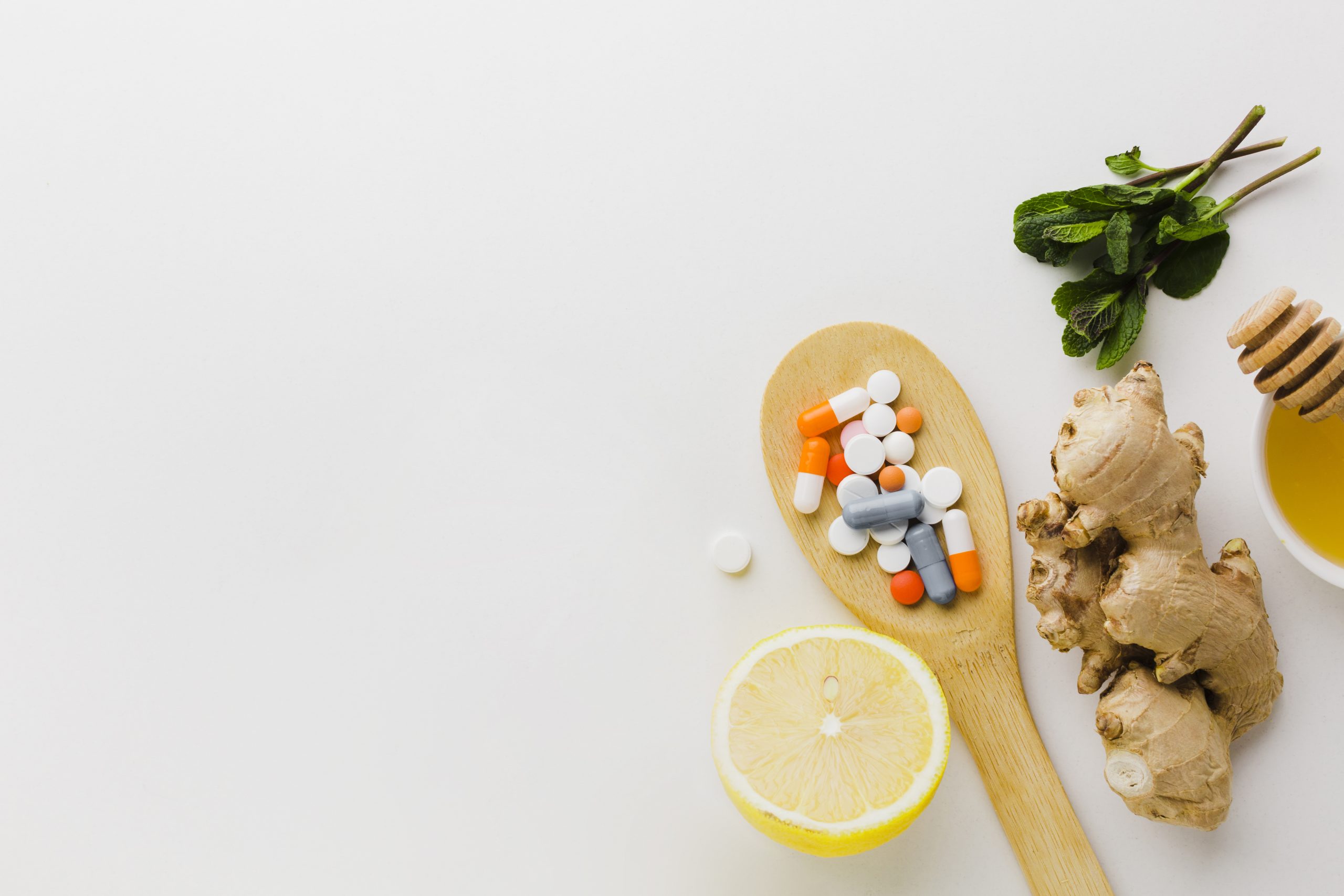
As health awareness continues to grow, 2025 is shaping up to be the year of personalized natural wellness. One of the most talked-about topics in the wellness industry is hormonal balance, a key factor in energy, mood, fertility, metabolism, and overall vitality. Consumers are increasingly seeking natural supplements that support healthy hormone regulation without the side effects often associated with synthetic medications. Let’s take a closer look at the top natural supplement trends in 2025 that are revolutionizing the way we approach hormonal health.
1. Adaptogens for Stress and Cortisol Control
Adaptogens like ashwagandha, rhodiola, and holy basil continue to dominate the supplement market in 2025. With rising stress levels and the global focus on mental health, adaptogens help regulate cortisol (the stress hormone), supporting improved sleep, reduced anxiety, and enhanced resilience.
- Ashwagandha: Popular for reducing stress and balancing thyroid function.
- Rhodiola: Supports mental clarity and reduces fatigue.
- Holy basil (Tulsi): Known for calming effects and supporting adrenal health.
2. Phytoestrogens for Menopause and Feminine Health
Natural plant-derived estrogens, such as those found in soy isoflavones, red clover, and Pueraria mirifica, are gaining popularity among women seeking relief from menopause symptoms like hot flashes, mood swings, and bone density loss.
- Soy isoflavones: Well-researched for easing menopausal symptoms.
- Red clover: Gentle support for estrogen decline.
- Pueraria mirifica: A traditional Thai herb gaining global traction for natural estrogen-like effects.
3. Seed Cycling and Nutrient-Dense Oils
The practice of seed cycling is trending in 2025 as more women use food-based approaches to support hormone fluctuations throughout their menstrual cycle. Seeds such as flax, pumpkin, sesame, and sunflower provide essential fatty acids, lignans, and minerals that may help balance estrogen and progesterone naturally.
Additionally, omega-3 rich oils like flaxseed and evening primrose oil are widely used for PMS relief, skin health, and reproductive balance.
4. Gut Health and the Hormone Connection
The gut-hormone axis is one of the biggest focuses of 2025. A healthy microbiome helps regulate estrogen metabolism, thyroid activity, and insulin sensitivity. Probiotic supplements, combined with prebiotics, are increasingly marketed as part of hormonal wellness programs.
Trending ingredients:
- Lactobacillus and Bifidobacterium strains for estrogen metabolism
- Inulin and resistant starch for gut flora diversity
- Postbiotics (the new frontier in gut support)
5. Herbal Hormone Harmonizers
Traditional herbs remain at the heart of natural hormone balance strategies in 2025. Some trending herbal supplements include:
- Vitex agnus-castus (Chasteberry): Supports progesterone and cycle regulation.
- Maca root: Boosts libido, energy, and may help balance sex hormones.
- Black cohosh: Commonly used for menopausal support.
- Fenugreek: Linked with increased testosterone support and metabolic benefits.
6. Personalized Supplementation with AI & Testing
One of the biggest shifts in 2025 is the move toward personalized supplementation. With the rise of at-home hormone test kits and AI-driven health apps, consumers can receive tailored supplement recommendations based on their unique hormonal profile.
This trend is reshaping the industry, moving away from one-size-fits-all formulas toward customized blends of adaptogens, phytoestrogens, and nutrients.
7. Sustainability and Clean Label Demands
Today’s consumers are not only health-conscious but also eco-conscious. Supplements that are organic, sustainably sourced, and free from synthetic additives are in high demand. Brands focusing on clean-label transparency, disclosing sourcing, extraction, and testing methods, are leading the 2025 market.
The natural supplement industry in 2025 reflects a shift toward holistic, personalized, and sustainable solutions for hormonal balance. From adaptogens and phytoestrogens to gut health probiotics and AI-personalized blends, consumers have more options than ever to support their endocrine system naturally.
With ongoing research and innovation, the future of hormonal wellness is not just about treating imbalance but empowering people with preventive, plant-based, and personalized care.
References (APA Style)
- Lopresti, A. L. (2022). The effects of ashwagandha supplementation on stress, anxiety and cortisol levels: A systematic review and meta-analysis. Journal of Alternative and Complementary Medicine, 28(1), 65–75. https://doi.org/10.1089/acm.2021.0308
- Messina, M. (2020). Soy and isoflavones: Effects on menopause symptoms and risk factors for chronic disease. Nutrients, 12(10), 3042. https://doi.org/10.3390/nu12103042
- Smith, C., & Taylor-Swanson, L. (2021). Complementary and integrative treatments for menopausal symptoms. BMJ, 374, n1842. https://doi.org/10.1136/bmj.n1842
- Tilg, H., & Moschen, A. R. (2020). Microbiota and endocrine–metabolic interactions: The role of gut microbiota in hormonal regulation. Nature Reviews Endocrinology, 16(6), 321–338. https://doi.org/10.1038/s41574-020-0342-1
- Wuttke, W., Jarry, H., & Seidlova-Wuttke, D. (2014). Phytoestrogens for hormone replacement therapy? Journal of Steroid Biochemistry and Molecular Biology, 139, 282–294. https://doi.org/10.1016/j.jsbmb.2012.12.009
Explore our website to learn more: Click Here




